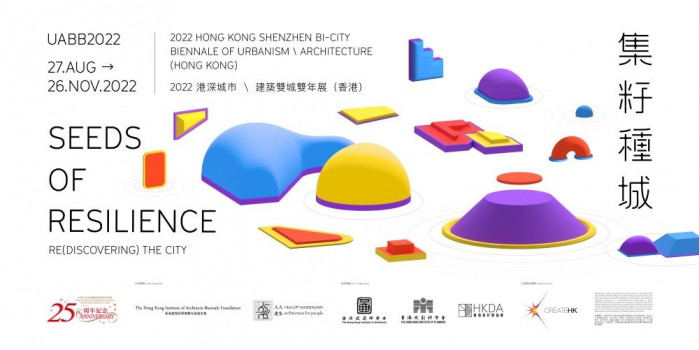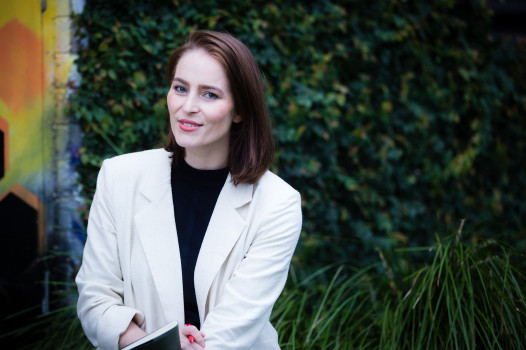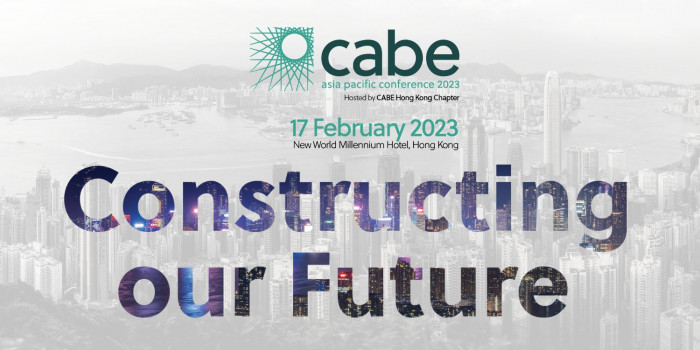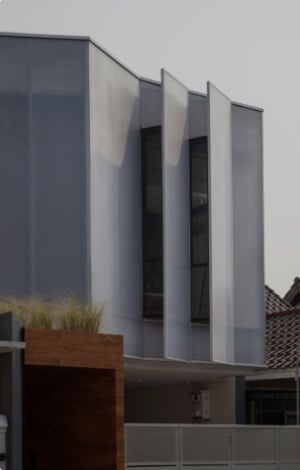Common Goals: Facilitate Stakeholders Engagement and Cross-Sector Collaboration to Strengthen Urban Resilience



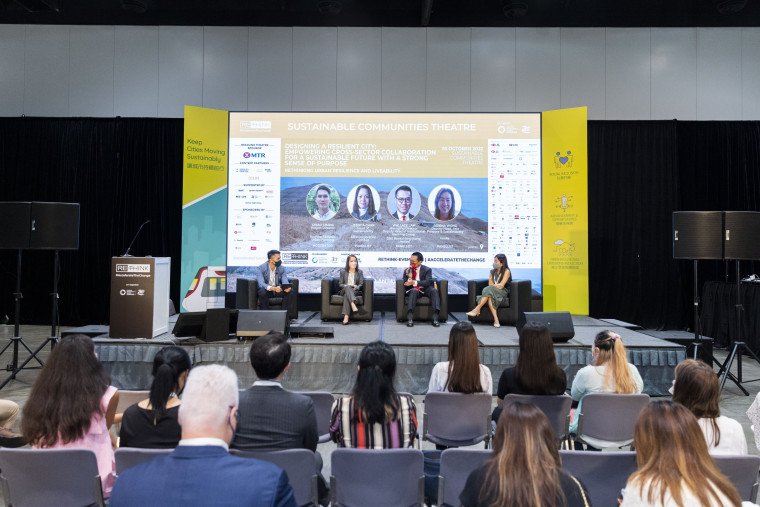
Covid-19 has drawn renewed focus on the importance of resilience amid disruptions such as rapid social swings, changing social-economic patterns and instability in food supplies. We're now in desperate need to think about how different stakeholders and different sectors can work hand in hand to create lasting and actionable change.
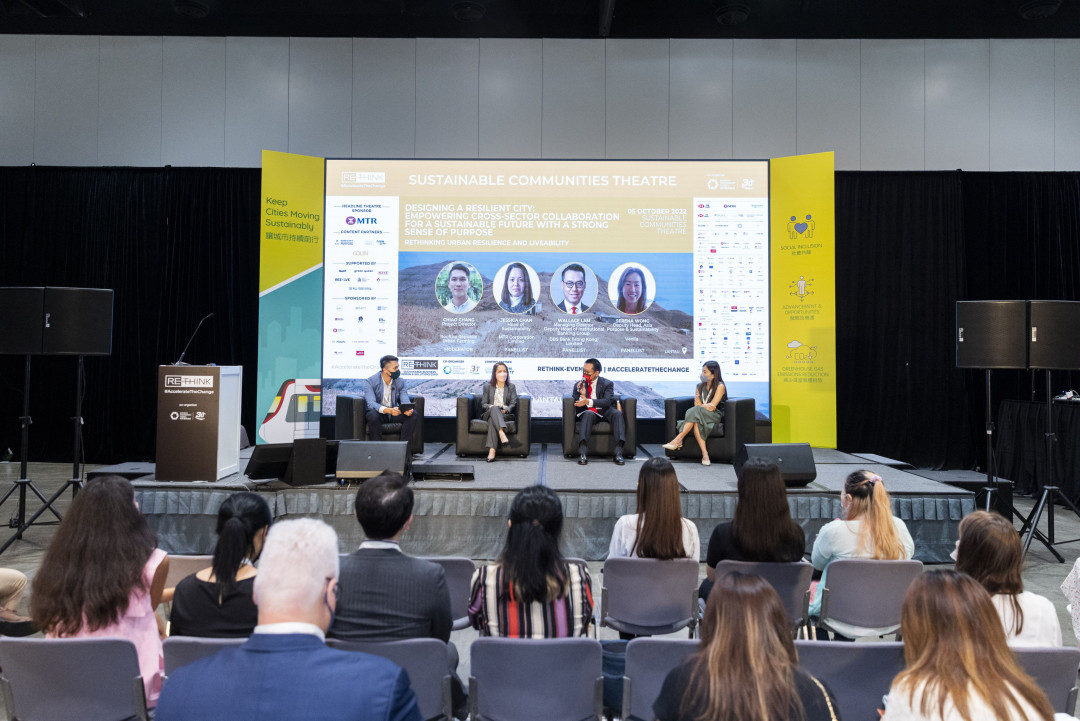
In Rooftop Republic’s Farm the City - Rethinking Urban Resilience and Liveability at ReThink 2022 conference last October, the social enterprise invited industry leaders and innovators to discuss, rethink, re-strategise and redesign the way forward. Under the topic of “Empowering Cross-Sector Collaboration for a Sustainable Future with a Strong Sense of Purpose”, a panel formed by Wallace Lam (Managing Director, Deputy Head of Institutional Banking Group, DBS Bank (Hong Kong) Limited), Jessica Chan (Head of Sustainability, MTR Corporation Limited), Serena Wong (Deputy Head, Asia Purpose & Sustainability, Veolia), and Moderator, Chiao Chang (Project Director of Rooftop Republic), has probed into what it means to be a purposeful company, and how important it is to develop a good framework as a guideline when looking for potential players in the market for cross-sector collaboration, particularly on sustainability projects.
What is urban resilience and why is it important
The panel began with defining what urban resilience is and what it means to them personally and on a corporate level. Besides food security problems, city risks can be caused by water shortage, waste issue, aging population and more. The pandemic has especially created an alert on the vulnerability of cities. On an organisational level, it was discussed that companies must take initiatives to support the city we live in by preparing for any shocks we expected or didn’t expect. The ability of the city to recover and also to adapt and transform within a reasonable amount of time are equally important.
Changes begin when companies address mutual needs and expectations
The idea of companies working towards the same goals with their partners, stakeholders and audience are vital to make collective decisions and thus social changes to our city.
“We provide solutions that can be win-win, win for us and win for our clients, because we also bank many different companies within one certain sector. As a bank, we accumulate all this industry knowledge and we can handhold and advise other clients within that particular industry.” said Wallace Lam, Managing Director, Deputy Head of Institutional Banking Group, DBS Bank (Hong Kong) Limited.
Jessica Chan, Head of Sustainability, MTR Corporation Limited, told the panel and the audience that her company engages with different types of NGOs to hear the wills and the needs of the elderly when they're using the MTR network. Engagement is essential when her company makes relevant resilience initiatives.
When asked about how to establish responsibility and accountability for a collective project, Serena Wong, Deputy Head, Asia Purpose & Sustainability, Veolia, mentioned that Veolia designs every project according to their “compass” of five stakeholders, which are environment, social, human resource, commercial and also economic. She also stressed that the main message is to always identify the goals and then consider all the benefits for all these stakeholders.
Open communication among internal stakeholders: employees
The panelists all agreed that conveying messages about the responsibilities of sustainability and social purpose among internal employees can help and speed up the change but the key is open communication, transparency and authenticity.
Jessica from MTR Corporation Limited highlighted that her company had a very high level of discussion throughout the cooperation about what the company can do in terms of social and environmental objectives. The corporation kicked off different types of initiatives or activities that engage staff and committed to organising training courses for staff about diversity and inclusion, as a top commitment MTR focuses. For example, MTR started a campaign called Social Inclusion Week last September, where Rooftop Republic has participated as one of the Marketplace Partners, in order to drive social inclusion practices such as "Universal Basic Mobility", "Diversity and Inclusion", and "Equal Opportunities" and enhance understanding of their colleagues on the corporation’s Social and Environmental objectives.
Serena from Veolia spoke out about her group’s ambition to become the benchmark company for ecological transformation. She added, “With 220,000 employees around the world, we design and deploy innovative and useful practical solutions for water, waste and energy management. So I think our role in enhancing urban resilience can be reflected by the services we provide to our clients.”
Wallace from DBS Bank (Hong Kong) Limited underlined that two-way communication is compulsory. He noted, “We need to set the right tone from the top. Employees within the organisation need to be aware that this is something which senior management and top management are paying a lot of attention to. We need to also provide training. They need to have an open mind and absorb this knowledge.”
Leadership as the critical aspect to equip Hong Kong’s resilience
Leadership & Strategy has the highest votes in the real-time survey conducted at the beginning of this session where we asked the audience which specific part of the area in Hong Kong is the most vulnerable. It proves in a certain way that, while we keep stressing that urban resilience requires different stakeholders working hand in hand, motivation from the leaders is also equally important to drive collective action and change to the holistic environment. Decision-makers, as our panelists mentioned, can be both leaders and followers at the same time, are the key criteria to determine our future.
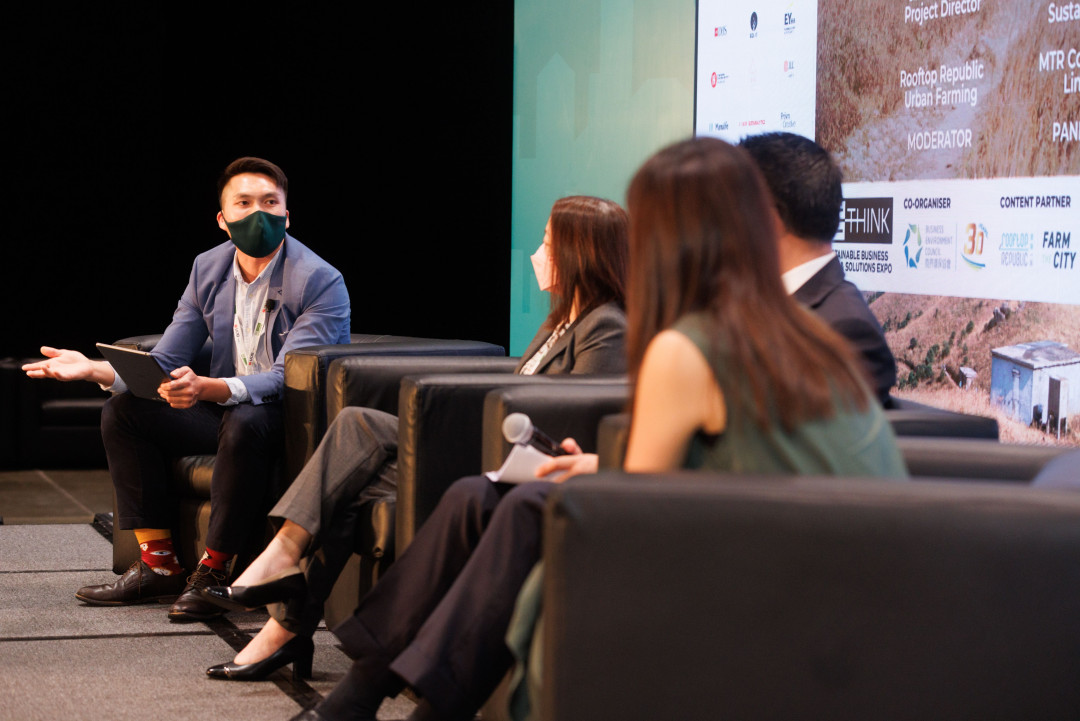
Session 1 - Empowering Cross-Sector Collaboration for a Sustainable Future with a Strong Sense of Purpose, moderated by Chiao Chang, Project Director at Rooftop Republic Urban Farming.
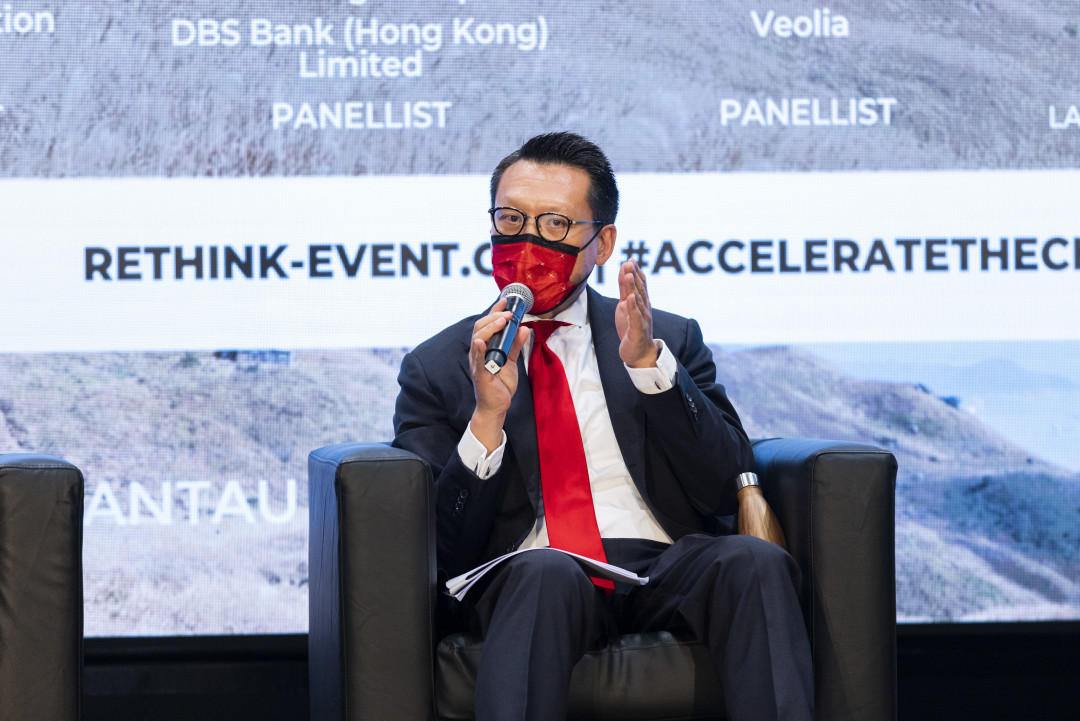
Wallace Lam, Managing Director and Deputy Head of Institutional Banking Group of DBS Bank (Hong Kong) Limited, shares their solutions to support sustainable initiatives for different companies.
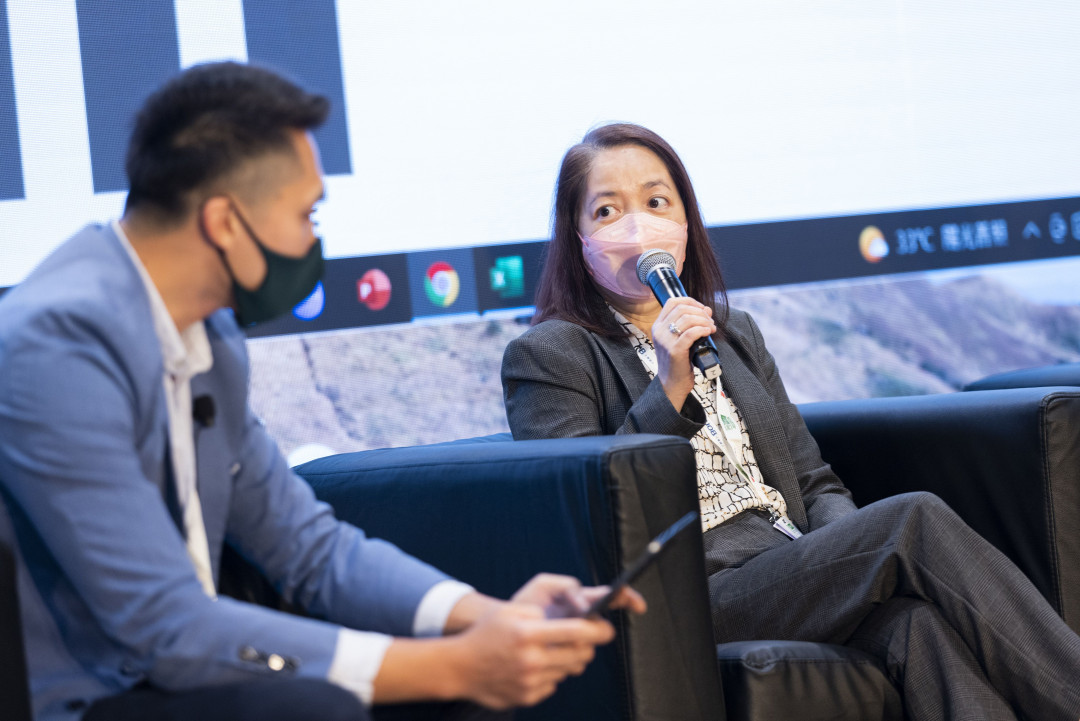
Jessica Chan, Head of Sustainability at MTR Corporation Limited, shares some of the pilot programmes that have been running successfully and how they ensure their stakeholders and staff understand sustainability values and internalise them.
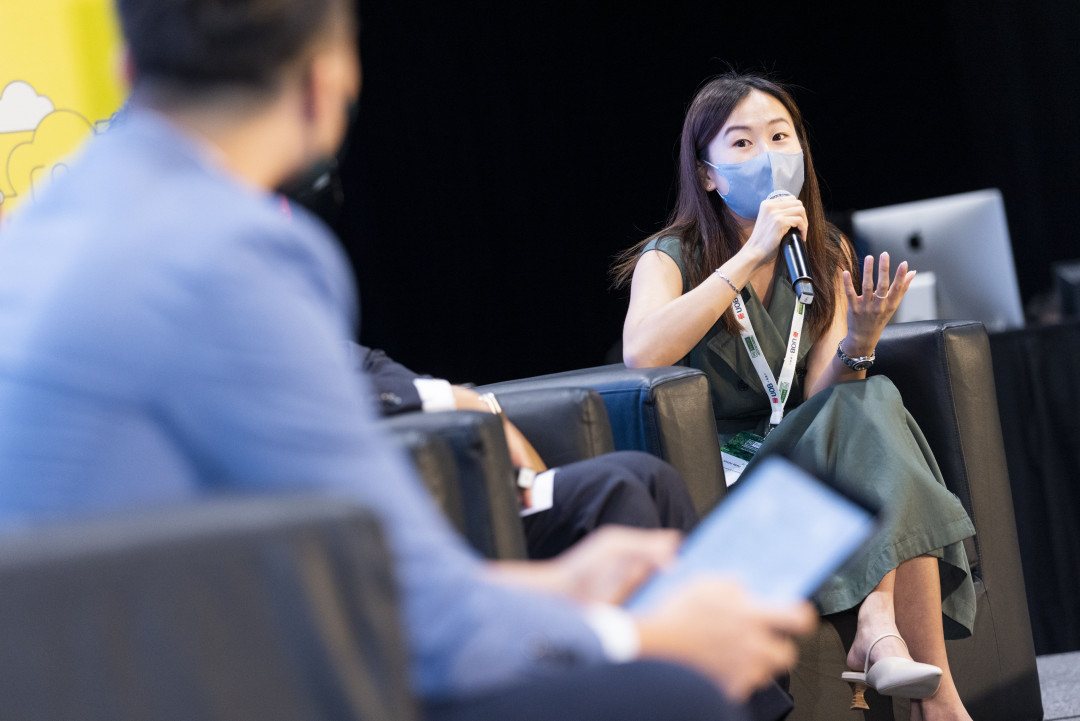
Serena Kwong, the Deputy Head of Asia Purpose & Sustainability at Veolia, shares that building around the best sustainability practice using recognisable framework builds a good foundation for collaboration between companies from different sectors.
Call-to-Action
Revisit Farm the City progamme:
https://rooftoprepublic.com/pages/farm-the-city-2022
Farm the City - Rethinking Urban Resilience and Liveability at ReThink 2022 event replay available now: https://mailchi.mp/rooftoprepublic/farmthecity2022vod
__________________________________________________________________________________________________________________________________________________________
Rooftop Republic is a Hong Kong-based social enterprise that envisions a future of sustainable cities powered by urban farming. Towards greater climate and urban resilience, we build and manage urban farms to transform city spaces into vibrant sources of nutritious food, and engage and empower communities to lead a sustainable lifestyle.
For more information, please visit the Rooftop Republic website here.









 Indonesia
Indonesia
 Australia
Australia
 New Zealand
New Zealand
 Philippines
Philippines
 Singapore
Singapore
 Malaysia
Malaysia


